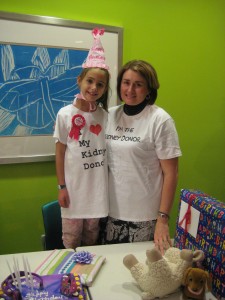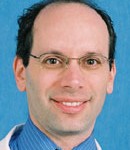Emory University and Children’s Healthcare of Atlanta transplant surgeon Stuart Knechtle, MD, and his surgical team recently performed the 1,000th solid organ transplant on a Children’s patient. The milestone operation was performed on a child who received a liver through the Children’s Transplant Center.

Stuart Knechtle, MD
Knechtle is chief of the Emory School of Medicine transplant division and professor of surgery, and surgical director of Children’s Liver Transplant Program. Children’s Liver Transplant program was founded in 1990 and has completed more than 300 liver transplants.
The liver transplant team is made up of many individuals who contribute to its success – liver transplant surgeons, transplant hepatologists (doctors with expertise in the treatment of the liver), and a team of gastroenterologists, anesthesiologists, pathologists, radiologists, mental health specialists, chaplains, nurses, social workers and pharmacists.
For more than 20 years, Emory and Children’s physicians have been at the forefront of pediatric transplant care, achieving several groundbreaking accomplishments, including:
- Transplanted the world’s youngest (10 days old) and three smallest (2 to 4 pounds) liver transplant recipients
- One of the first pediatric hospitals in the United States to perform three heart transplants in 24 hours
- At the forefront of its field with ABO-incompatible liver and heart transplants
- Performed more than 450 pediatric kidney transplants.

Children’s kidney transplant recipient Quinn Roberts, age 8, with her donor Cheryl Thomas








